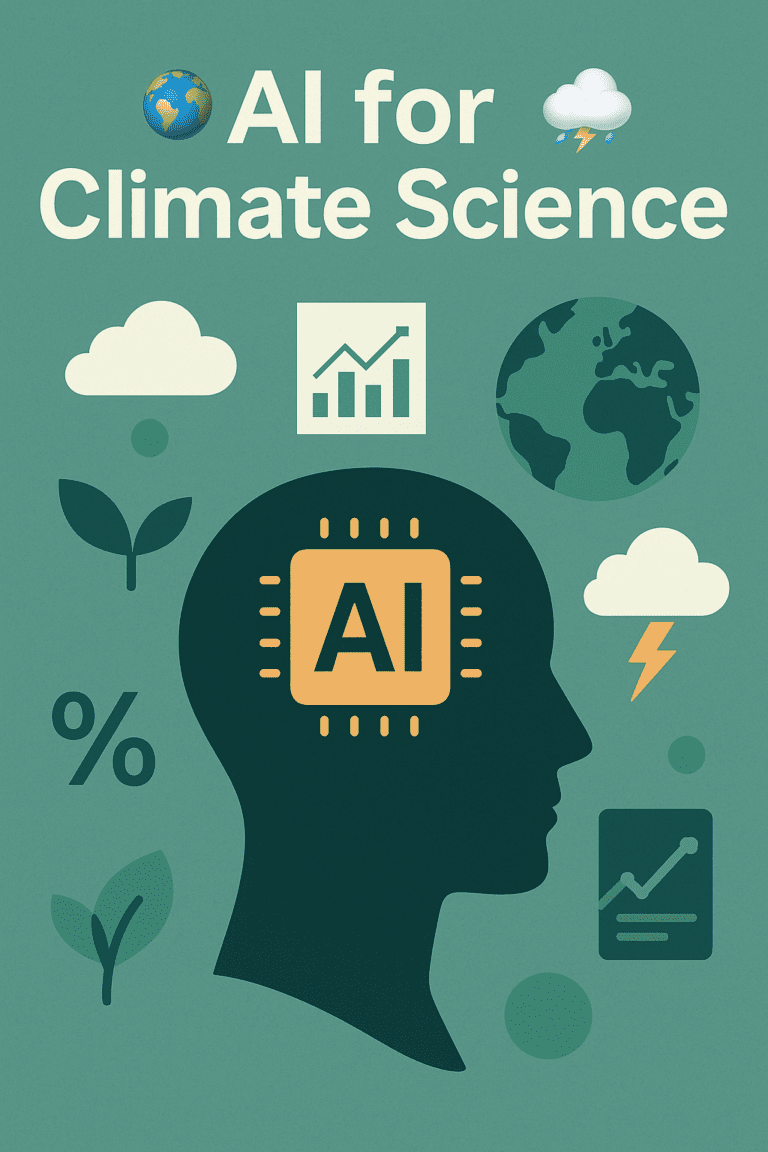
AI for Climate Science: Accelerating Solutions to Global Climate
AI for Climate Science
Climate change is one of the most urgent challenges facing humanity today. To better understand, predict, and mitigate its impacts, scientists are increasingly turning to Artificial Intelligence (AI) for climate science. AI’s advanced data processing and modeling capabilities are revolutionizing climate research by enabling more accurate forecasting, risk assessment, and development of effective climate solutions.
What is AI for Climate Science?
AI for climate science refers to the use of machine learning, deep learning, and data analytics to analyze complex climate data, model climate systems, and provide actionable insights. It helps researchers process vast amounts of satellite images, sensor data, and climate simulations that would otherwise be too complex and time-consuming to analyze using traditional methods.
Key Benefits of AI in Climate Science
Enhanced Climate Modeling: AI improves the accuracy and resolution of climate models, enabling better predictions of temperature, rainfall, sea-level rise, and extreme weather events.
Early Warning Systems: AI-powered tools detect patterns indicating imminent natural disasters like hurricanes, floods, and droughts, providing early warnings to vulnerable communities.
Carbon Emission Monitoring: AI analyzes data from satellites and ground sensors to track carbon emissions and identify pollution hotspots globally.
Climate Impact Assessment: Machine learning helps evaluate the impact of climate change on agriculture, biodiversity, and human health.
Optimizing Renewable Energy: AI optimizes the deployment and efficiency of renewable energy sources such as solar and wind power by forecasting weather and energy demand.
Climate Adaptation Planning: AI supports policymakers in designing effective climate adaptation and mitigation strategies using predictive analytics.
Applications of AI in Climate Science
1. Climate Data Analysis and Pattern Recognition
AI algorithms analyze large climate datasets collected from satellites, weather stations, and ocean buoys to identify trends and anomalies. These insights help refine climate models and improve understanding of climate dynamics.
2. Weather Forecasting and Extreme Event Prediction
Using machine learning, AI systems can forecast short- and long-term weather conditions with higher accuracy. This is crucial for predicting hurricanes, heatwaves, and floods, helping save lives and reduce economic losses.
3. Carbon Footprint Tracking and Emission Reduction
AI-powered remote sensing technologies track greenhouse gas emissions in real-time. This information aids governments and organizations in monitoring compliance with climate targets and enforcing environmental regulations.
4. Climate Change Impact on Ecosystems
AI models assess how shifting climates affect ecosystems, helping conservationists prioritize efforts to protect endangered species and habitats.
5. Renewable Energy Management
AI forecasts energy production from renewable sources by analyzing weather patterns, ensuring better integration of green energy into power grids.
How AI is Shaping the Future of Climate Science
AI accelerates climate research by automating data processing and uncovering hidden insights from complex climate systems. This empowers scientists and policymakers to make informed decisions quickly and effectively. As climate change impacts become more severe, AI’s role in climate science will be critical for developing sustainable solutions that protect our planet.
Challenges and Ethical Considerations
Data Quality and Accessibility: Reliable, high-quality climate data is essential for training effective AI models, but data gaps and inconsistencies remain challenges.
Model Transparency: Complex AI models can be “black boxes,” making it difficult to understand how decisions are made, which raises trust issues.
Bias and Fairness: AI must be designed to avoid bias, ensuring fair representation of vulnerable populations affected by climate change.
Energy Consumption: Training large AI models requires significant computational resources, which themselves have environmental footprints.
Global Collaboration: Climate science benefits from international data sharing and collaboration, which requires overcoming geopolitical and technical barriers.
Real-World Examples of AI in Climate Science
Google’s AI for Flood Forecasting: Google uses AI to predict floods up to 12 hours in advance, helping communities prepare and respond.
IBM’s Green Horizon Project: Combines AI and big data to forecast air pollution and carbon emissions, aiding cities in reducing their environmental impact.
Microsoft’s AI for Earth: Provides grants and tools to researchers using AI to address environmental challenges including climate change.
How to Support AI-Driven Climate Science
Individuals, organizations, and governments can support AI in climate science by:
Investing in research and infrastructure for AI-powered climate solutions.
Promoting open access to climate data for AI research.
Supporting policies that encourage sustainable AI development.
Encouraging interdisciplinary collaboration among AI experts, climate scientists, and policymakers.
Raising awareness about the benefits and challenges of AI in addressing climate change.
Conclusion
AI for climate science is a powerful tool accelerating our understanding and response to climate change. By unlocking insights from massive datasets and improving prediction accuracy, AI enables more effective mitigation and adaptation strategies. Harnessing AI responsibly and collaboratively will be essential to safeguarding the planet for future generations.

🤝 Get Involved
Explore the transformative impact of AI in finance by engaging with our resources, participating in webinars, or collaborating on innovative projects. Whether you're a financial professional, technologist, or policymaker, your involvement can shape the future of intelligent financial services.
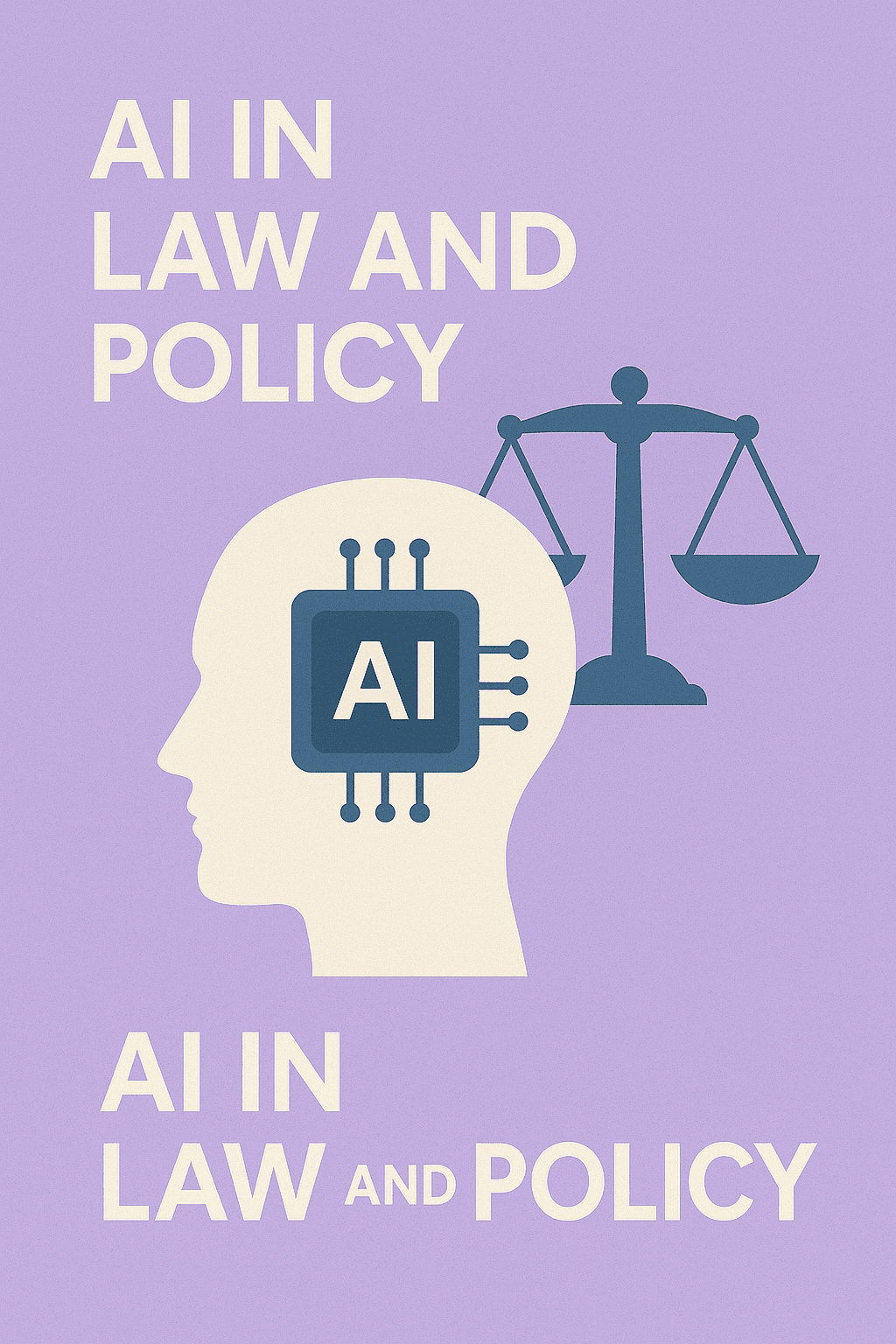
👨⚖️ AI in Law & Policy ⚖️
Focuses on the creation of legal frameworks and governance models for AI deployment. It shapes regulation, accountability, and intellectual property in automated systems.
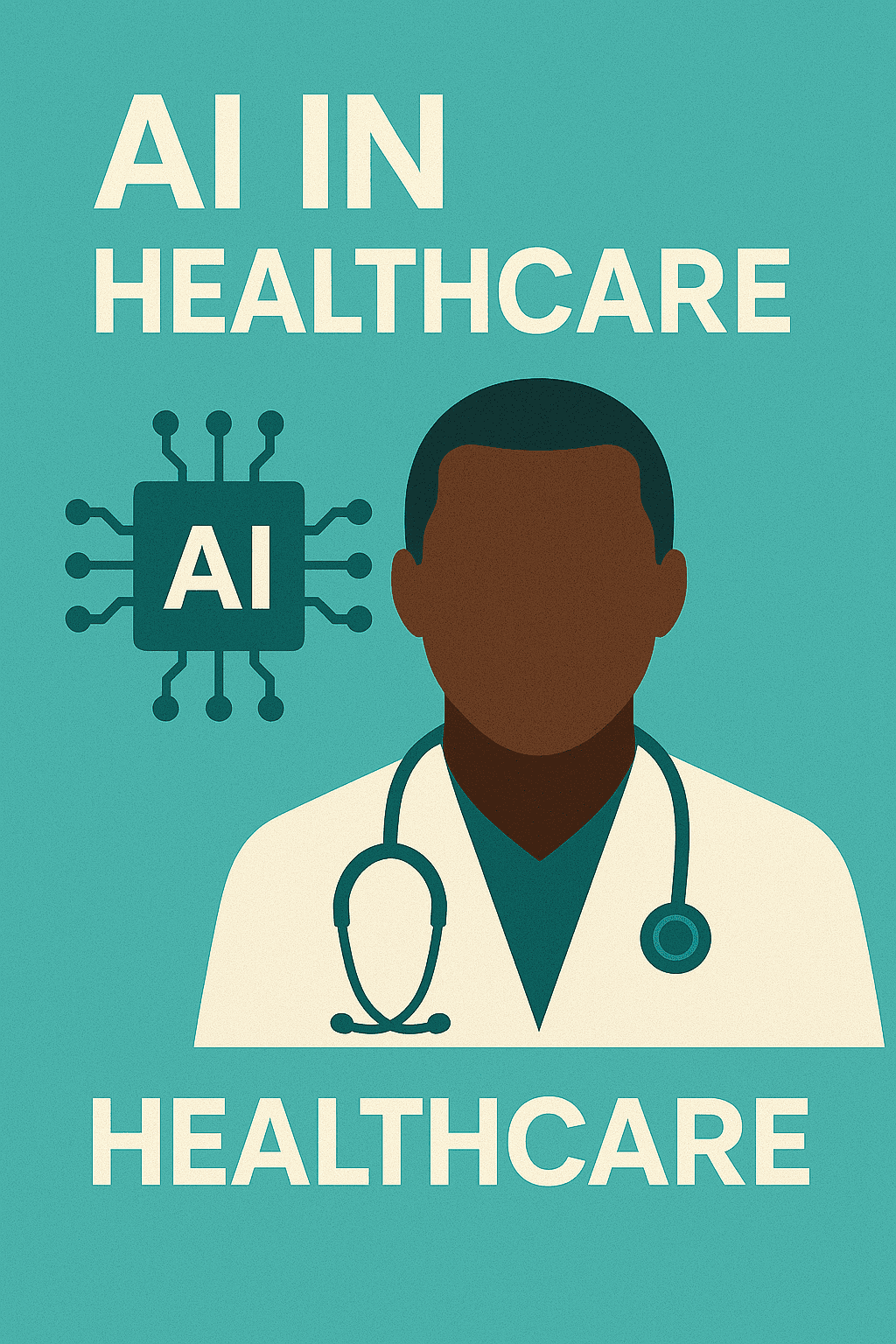
🏥 AI in Healthcare 👨🏿⚕️
Revolutionizes diagnostics, personalized medicine, and treatment planning using intelligent systems. It enables faster decision-making and improved patient outcomes.
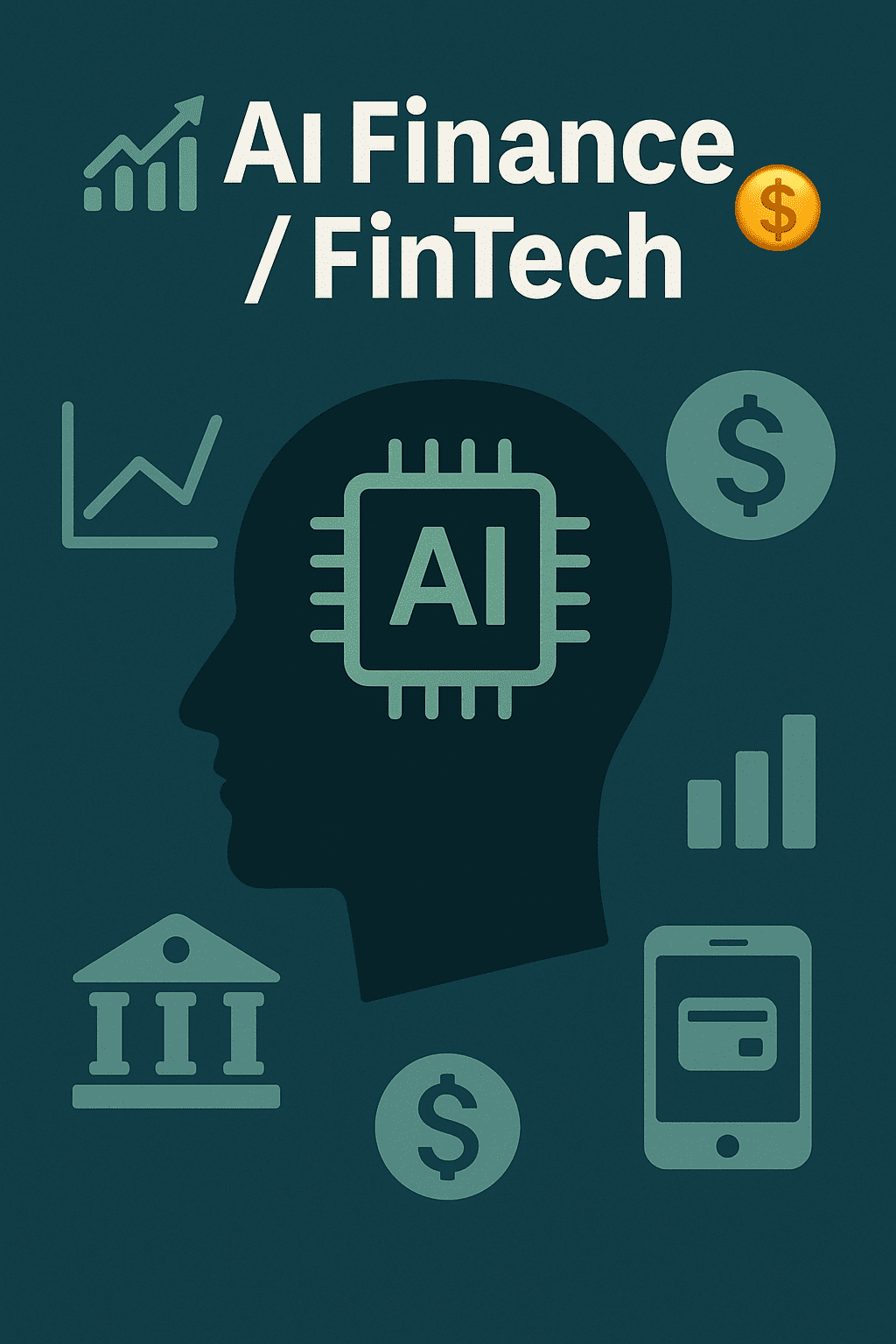
📈💰AI in Finance / FinTech📊
Drives fraud detection, algorithmic trading, credit scoring, and customer service automation. It optimizes decision-making and operational efficiency.
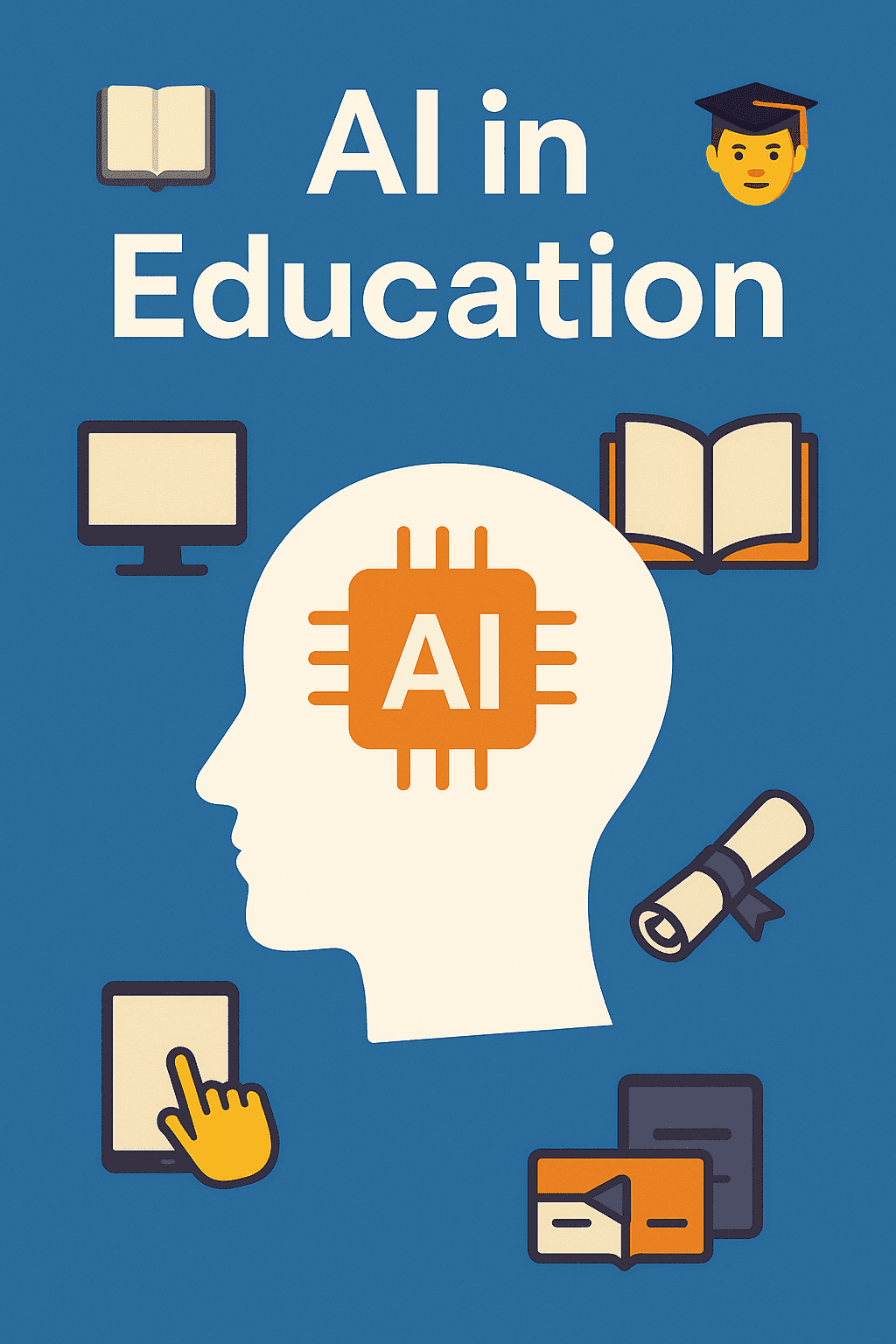
📚 AI in Education (EdTech) 👨🏻🎓
Enhances personalized learning, intelligent tutoring, and performance analytics. AI transforms classrooms into adaptive, inclusive spaces.
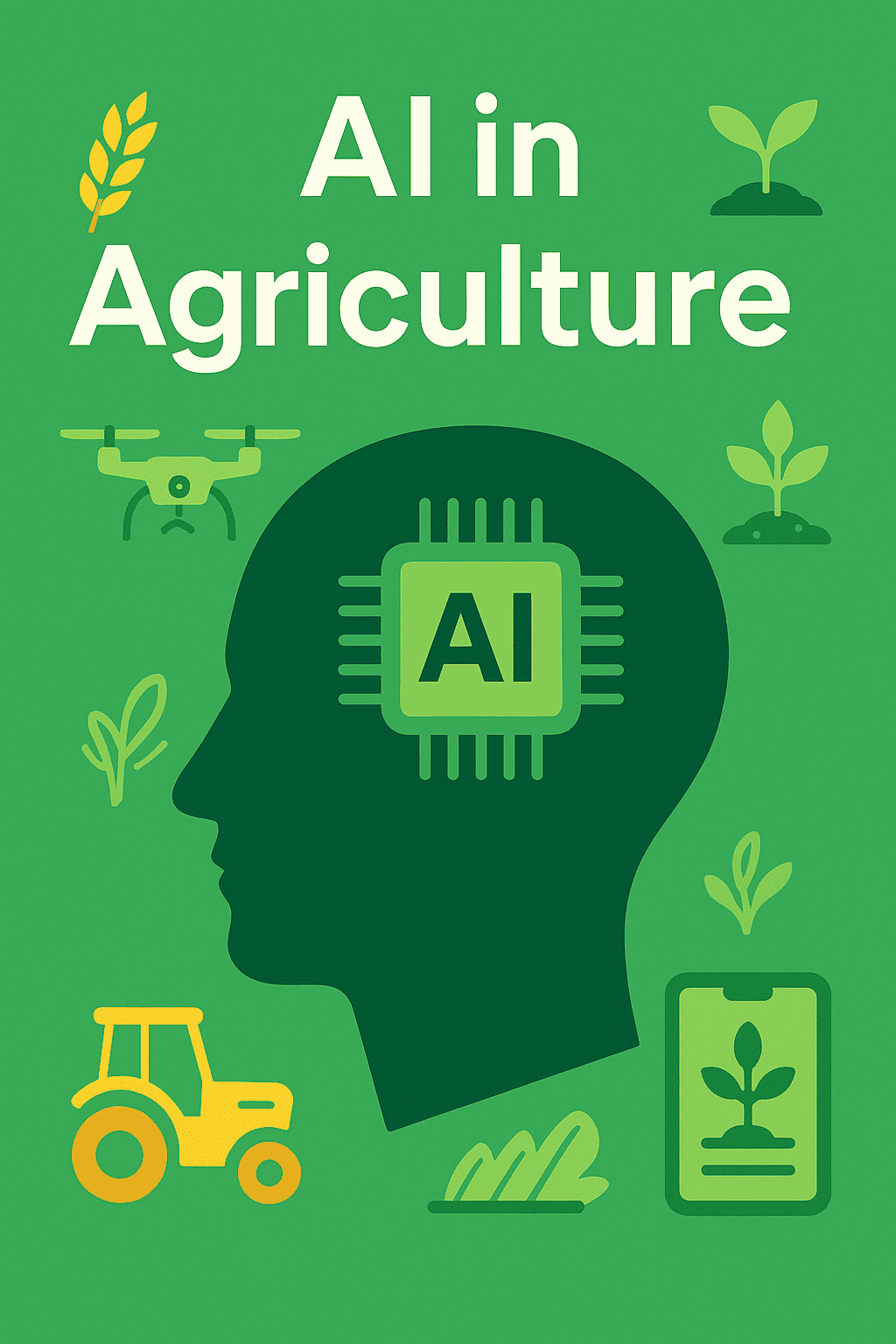
🌾 AI in Agriculture 🌱
Applies AI in crop monitoring, yield prediction, and smart irrigation, boosting productivity while ensuring sustainable practices.
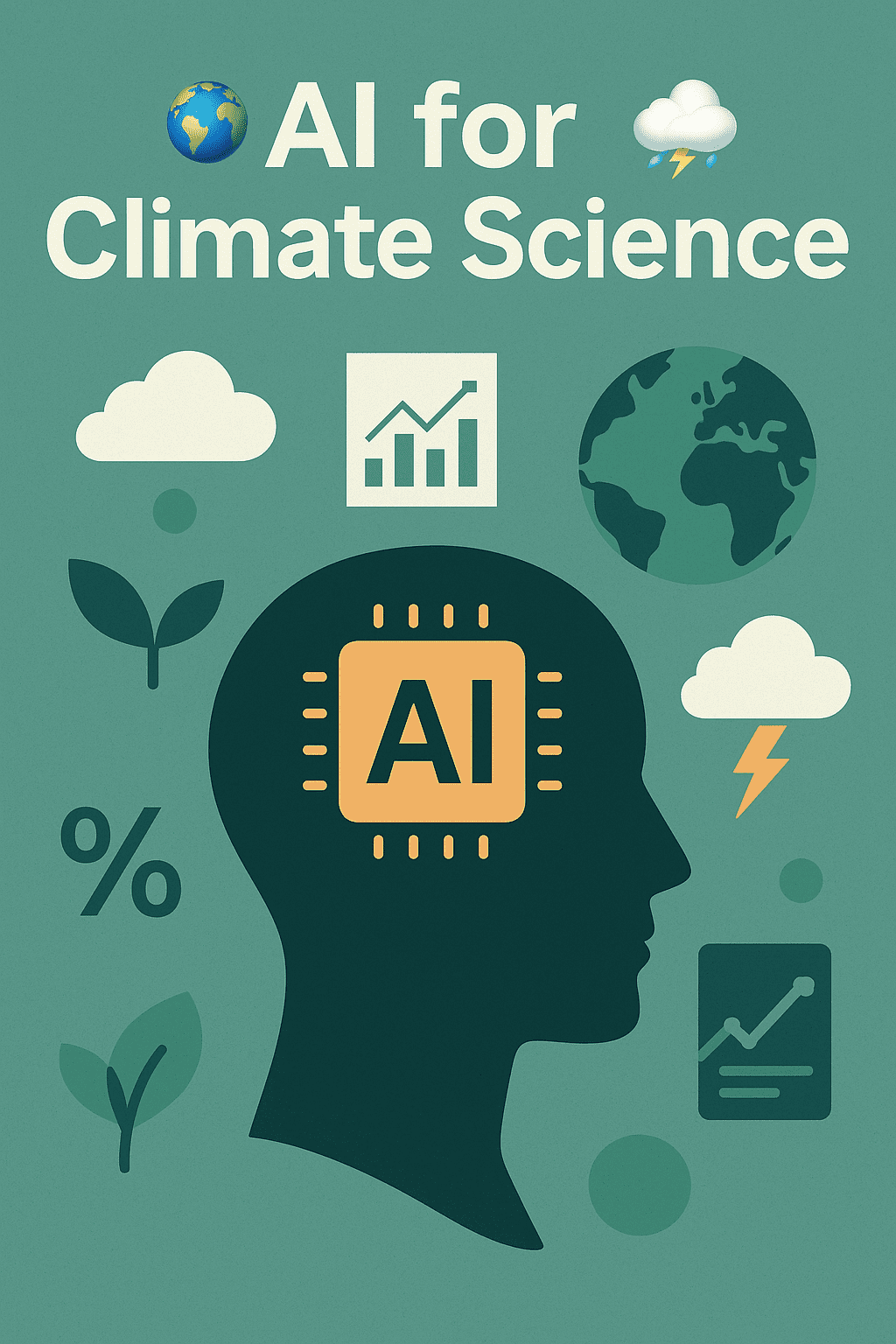
🌍 AI for Climate Science ⛈️
Aids in modeling climate patterns, predicting disasters, and optimizing renewable energy systems to combat climate change.